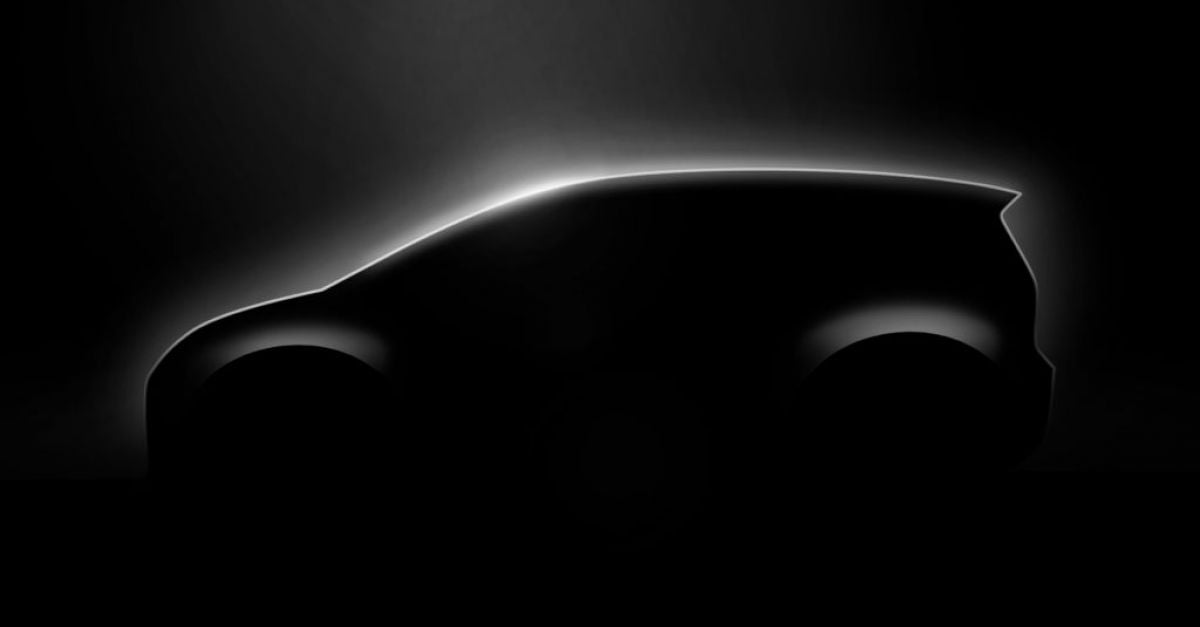Bussiness
VW’s new electric car could cost as little as €20,000 | BreakingNews.ie

Volkswagen has confirmed what had previously been only rumour — it will launch an affordable, small, electric car, potentially priced as low as €20,000, by 2027.
So far known only as the NEV, or New Electric Vehicle, this replacement for the much-loved Up (and the electric e-Up), will be built in Europe, a point made prominently by Volkswagen Group chief executive Oliver Blume as he announced the car, stopping along the way to take some pot-shots at the Chinese car industry. Media reports suggest the model may take the ID.1 moniker when it goes to market.
“Generations of people associate the strong brands of the Volkswagen Group with their first car – and with affordable mobility” said Blume.
“As a group with strong brands, we continue to assume this social responsibility to this day. That’s why I’m very pleased that we’re launching a future-oriented project. It’s about entry-level electric mobility from Europe for Europe. In doing so, we combine a clear commitment to Europe as an industrial location, a European industrial policy and ultimately act in the interests of European customers.”
Affordable electric models are seen as key to fighting off the advances of the big Chinese car makers — replete with their massive subsides from the Chinese government — even if the European Union decides to impose higher taxes on electric cars coming from China.
VW knows, as does the rest of the European car industry, that even if those higher taxes are levied, Chinese car makers will simply side-step them by building factories in Europe. BYD, for instance, has already broken ground on a factory in Hungary, and is already talking about a potential second European production location.
A compact VW EV for €20,000 though? A tempting prospect (even if it has actually already happened — the last handful of e-Ups were sold for as little as €18,000 to clear the stocks).
The single image we’ve seen so far shows that the car is short, squat, and upright — very much like an Up — but wears extended, curved wheel arches which are lifted from the upcoming ID.2 small hatchback, and which are meant to evoke memories of the original Beetle.
Speaking of the upcoming ID.2, that car — and the Skoda and Cupra spinoffs, plus one other crossover-shaped VW model — will kick off the Volkswagen Group’s move into more affordable electric models. Those cars, including the Skoda Epiq and Cupra Raval, are expected to have prices starting from around €25,000, with a range of up to 400km.
It’s important to note that those claimed prices, and the NEV’s €20,000 sticker, are all based on European prices. Depending on how Ireland’s SEAI grant and VRT rebates for electric cars shake out by the NEV’s on-sale date of 2027, that €20,000 price tag could be higher here.
It could also have a Renault cousin. Renault has already shown off a concept version of a new all-electric Twingo, to no small fanfare, especially from those of us old enough to remember the original 1990s Twingo. That car certainly seems to share some of the basic silhouette of the VW NEV, and both companies have already admitted that they’re in talks about a possible platform-sharing agreement for compact electric models.
An upcoming €20,000 EV city car could also be the saviour of Seat. The Spanish brand has been rather left out in the cold from VW’s recent electric car strategy, and the rise of its spinoff performance brand, Cupra (which has lower sales numbers, but higher profits) had many assuming that Seat would be eventually allowed to wither on the vine, a view seemingly backed up by various senior VW Group management pronouncements.
However, that may now have changed. Seat and Cupra boss Wayne Griffiths has recently said that Seat still lives, and that it will be a crucial part of the €20,000 electric car mix. Given that all €25,000 models — ID.2, Epiq, Raval etc — will be built in Seat’s plants in Spain, it potentially follows that the NEV will be made there too, and that a Seat-badged variant may well be part of the line-up.
Thomas Schäfer, head of the Volkswagen brand, aimed his comments about the NEV not at China, but at Europe’s lawmakers, saying that European car makers need more support to push across the line to the electric future.
“The future is electric. In order for electromobility to become widespread, attractive vehicles are needed, especially in the entry-level segment. Our brand promise is: electromobility for all. This promise is now being fulfilled in the Brand Group Core.
“Despite the attractive price, our vehicles will set standards in the entry-level segment in terms of technology, design, quality, and customer experience. This task has become more demanding due to rising energy, material, and raw material costs. One thing is clear: electromobility from Europe for Europe can only succeed with political support and competitive framework conditions.”
VW has also made the point that a small car, made alongside its batteries in Europe, would have a much smaller carbon footprint for European car buyers than cars imported from China.










